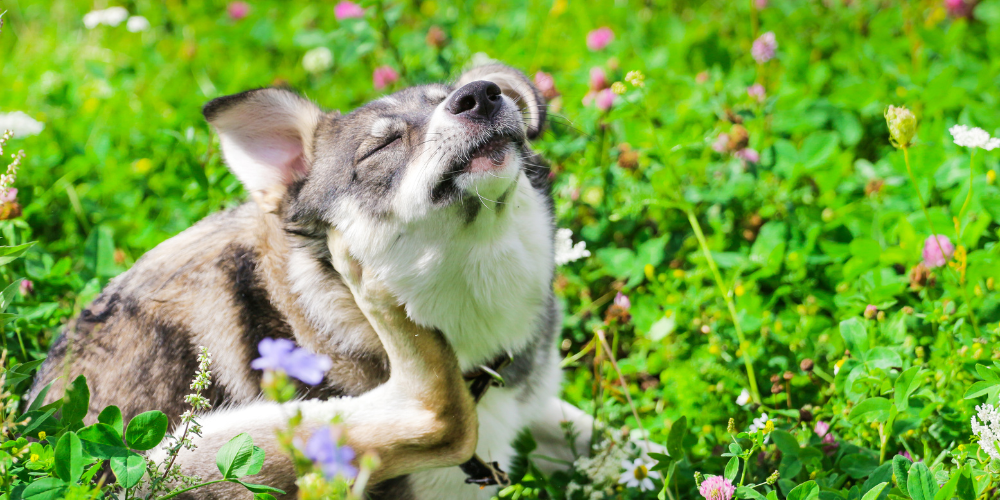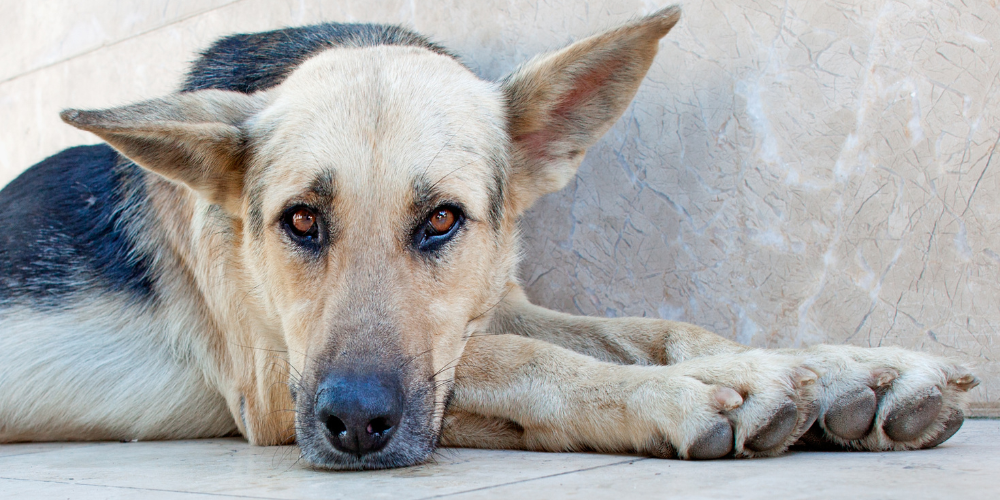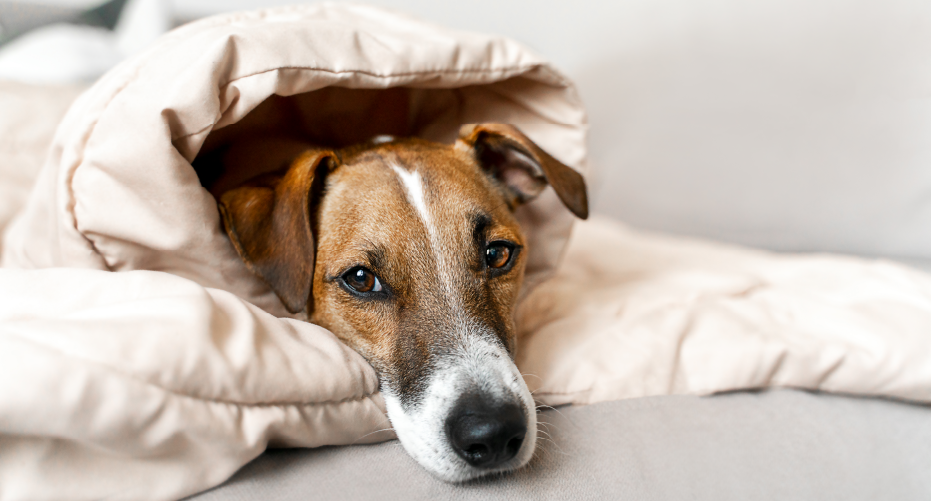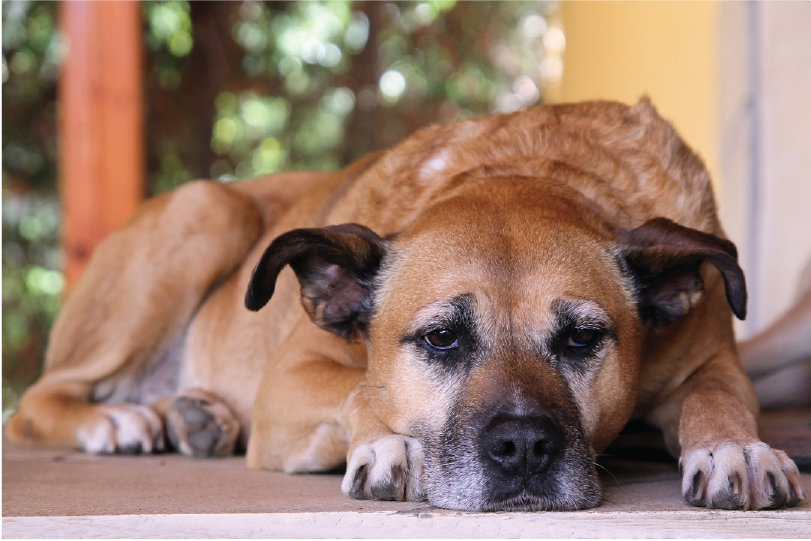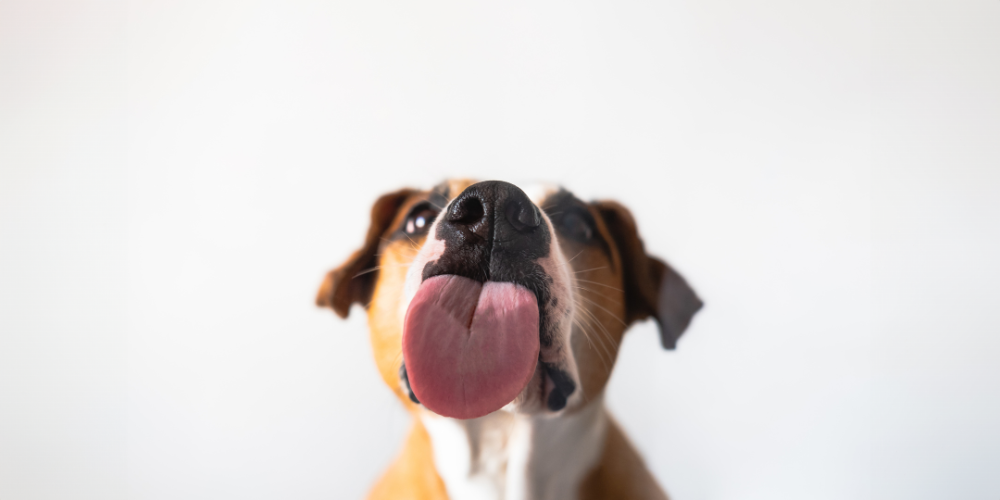
As a dog owner, you might often find yourself wondering why your dog seems so obsessed with licking everything in sight. Whether they’re at the end of your bed making a racket while you try to sleep, or quietly beside you on the couch, licking is a natural behaviour for dogs. Here’s a breakdown of why dogs engage in this slobbery habit and what you can do to manage it.
Licking is an instinctive action for dogs, deeply embedded in their DNA. It serves multiple purposes:
- Communication: Dogs often lick to interact with other dogs or humans, serving as a greeting or a way to show affection.
- Grooming and Hygiene: Like cats, dogs use licking as a cleaning mechanism, though they are generally less meticulous than their feline counterparts.
- Comfort and Stress Relief: Licking releases endorphins which help dogs relieve stress and feel calmer.
- Exploration: Dogs explore their environment through their senses, and licking helps them understand new objects and tastes.
Why Is My Dog Licking So Much at Night
Night-time licking often revolves around cleaning and settling down for sleep. However, if your dog licks you at night, it could be seeking attention, expressing affection, or feeling anxious. Understanding the context and frequency of licking can help determine its cause.
Why Do Dogs Lick Specific Things
Dogs may lick specific things based on their taste, smell, or the reaction they get from you. For instance, a dog might lick your hands more after you’ve handled food or another animal, driven by the scent. If they’re licking an empty food bowl, hunger is likely the cause.
The Dangers of Indiscriminate Licking
However, this behaviour is not without risks. Here are some potential dangers:
- Toxic Plants: Such as lilies and rhododendrons, can be poisonous if ingested.
- Household Chemicals: Including cleaning agents and antifreeze, are toxic.
- Dangerous Foods: Like chocolate and xylitol, can be fatal to dogs.
- Small Objects: Can cause choking or blockages.
- Pesticides and Herbicides: Often found on grass, can be harmful if licked.
Preventive Measures
To keep your dog safe, it's crucial to monitor their environment and remove any hazardous items. Training your dog with commands like "leave it" is also beneficial for stopping them from licking or picking up dangerous objects.
Excessive Licking: When Should You Worry?
While licking is a natural and typically harmless behaviour in dogs, excessive licking might be a cause for concern. Here are a few signs that you might need to pay closer attention to your dog's licking habits:
- Persistent Licking of the Same Area: If your dog continuously licks the same area of its body, it might be trying to soothe an irritation or injury. This could indicate skin problems, allergies, or even something more serious like an infection.
- Licking Non-Food Items: Excessive licking of non-food items, known as pica, can be harmful. Dogs might ingest non-edible objects which can lead to digestive blockages or poisoning, especially if the licked objects are toxic or indigestible.
- Changes in Behaviour: An increase in licking behaviour, particularly if it's sudden, can be a sign of underlying issues. Stress, anxiety, or boredom can lead dogs to lick excessively as a coping mechanism. This can be seen in scenarios where a dog's environment or routine has changed significantly.
- Licking Accompanied by Other Symptoms: If excessive licking is accompanied by other symptoms such as whining, scratching, or visible discomfort, it might indicate a health problem that requires veterinary attention. Symptoms like these can point to conditions ranging from dermatological issues to more systemic problems.
Conclusion
While licking is a normal and healthy dog behaviour, understanding when it might be a sign of something more concerning is key to keeping your dog happy and healthy. Always keep an eye on excessive licking, especially if it’s focused on a specific area or involves non-food items. If you're concerned about your dog’s licking habits, consult with a veterinarian.
